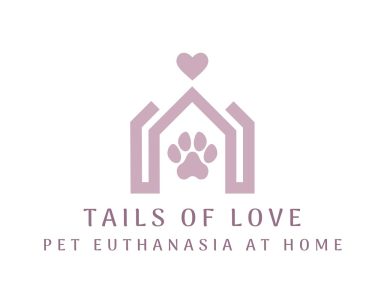
Blog post 25/08/2025
Cognitive Dysfunction in Senior Dogs
Cognitive Dysfunction is a common disease in senior dogs that is similar to human dementia.
Although common in dogs the signs of CCD are often put down to dogs "just being old". This condition is often underdiagnosed as the behavioural changes progress slowly.
CCD is caused by gradual and degenerative change age related changes in the brain.
CCD may start as a singular change but usually progresses over time and several symptoms may show.
Changes include:
Disorientation — Getting lost in familiar places, stuck in corners, staring into space.
Interaction changes — Suddenly clingy or avoidant, not recognizing familiar people.
Sleep pattern changes — Wandering the house at night, sleeping more during the day.
House-soiling — Urinating or defecating indoors when they were previously house-trained.
Activity level changes — Decreased interest in playing or doing other activities, restlessness, pacing.
Anxiety — Increased anxiety, new phobias, irritability, aggression.
Learning changes — No longer responding to previously known commands or struggling to learn new ones.
So what can be done to help dogs with CCD? Similar to humans there is no cure for dogs with CCD but studies are ongoing.
Treatment may include a combination of the following:
Diet — Certain prescription diets (Hill’s B/D, Purina Proplan Neurocare, Royal Canin Veterinary Canine Mature Consult) are rich in antioxidants, fatty acids and other important nutrients that help support the brain.
Enrichment — Interacting with your dog regularly through play, varied or interactive toys, regular exercise and more can help stimulate their brain.
Medications — Your veterinarian may prescribe medications to address specific issues, such as anxiety.
Supplements — Similar to the diets above some supplements can be added to your dogs diet to help support brain function such as Omega's.
CCD is a slowly progressive disease that many elderly dogs experience. Early intervention with diet, enrichment and medications can help slow the progression of CCD and improve their quality of life. If you are concerned your dog may be suffering from CCD please speak to your vet.
